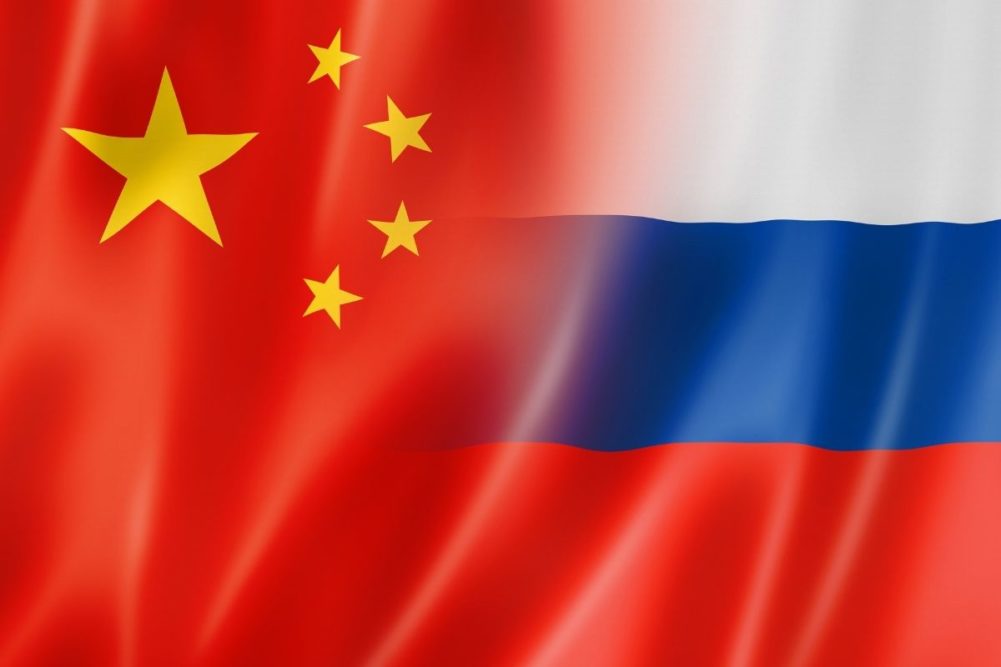
Arvin Donley, World Grain editor.
| Credit: ©SOSLAND PUBLISHING CO.KANSAS CITY, MISSOURI, US – When Russia signed an agreement in October to supply China with 70 million tonnes of grain, legumes and oilseeds over the next 12 years, a comment made several years ago by Stefan Vogel, Rabobank’s global sector strategist for grains and oilseeds, came to mind.
Vogel, in a conversation with World Grain in the fall of 2021, said given the growing political tension between longtime agricultural trade partners China and the United States, it was possible that Russia, which is more politically aligned with China, could benefit from the deepening conflict between the world’s two largest economies. He cited a study that examined the potential impact on global grain trading if US-China relations continued to deteriorate.
“It could be a situation where you start to see blocs of trade with the US, Australia and Europe in one bloc and Russia and China forming a natural bloc on the other side,” Vogel said. “In that case you could see a future where China would import more wheat from Russia for feed and replace some corn. It is a situation where if there’s further deterioration of the situation, it could also involve countries sympathizing with either the US or China, and the agricultural sector could be heavily impacted by such moves.”
It’s important to note that Vogel’s comments were made five months prior to Russia’s invasion of Ukraine, which now relies heavily on the support of the United States and other NATO nations to defend itself against Russian aggression. The war, which has raged nonstop for nearly two years, has caused deeper divisions between the world’s democratic nations and those with more authoritarian regimes.
Adding fuel to this fire was Hamas’ recent surprise attack on Israel, an action that predictably provoked a massive Israeli counterattack against the Palestinian territory’s de facto governing body. It’s worth noting that Hamas, designated a terrorist group by the United States and EU, reportedly has ties to Iran, an ally of Russia and China. Unlike Russia and Ukraine, Israel is not a major grain producer or exporter. But the conflict, which threatens to spread across the Middle East and perhaps beyond, adds more instability to the region’s agricultural trade and is pushing Palestinian refugees into countries already struggling to feed their populations.
Further east, there is the simmering threat of a Chinese invasion of Taiwan. The fear is such an action could lead to a direct conflict between China and the US, a supporter of Taiwan’s independence. Another military conflict involving two of the world’s biggest grain producers and traders would mean even more volatility and instability in an already shaky market.
Noted grain trade analyst Dan Basse, founder and president of AgResource Company, told World Grain that China’s recent massive grain and oilseed purchases have puzzled observers. The big question, he said, is why is China building up its reserves? Some say it is simply linked to the country altering its animal feed diets to include more soybeans and corn. But there is another, more worrisome theory.
“Are they doing it because maybe they’ll invade Taiwan? I have no idea, but their buying is sizable and not in keeping with their macroeconomic outlook today,” Basse said.
While China’s motives for stockpiling large amounts of grain aren’t clear, one thing is for certain: With the stroke of a pen, China and Russia in October made a clear statement that will impact global grain trade flows for the next decade and beyond.
Arvin Donley is editor of World Grain.






